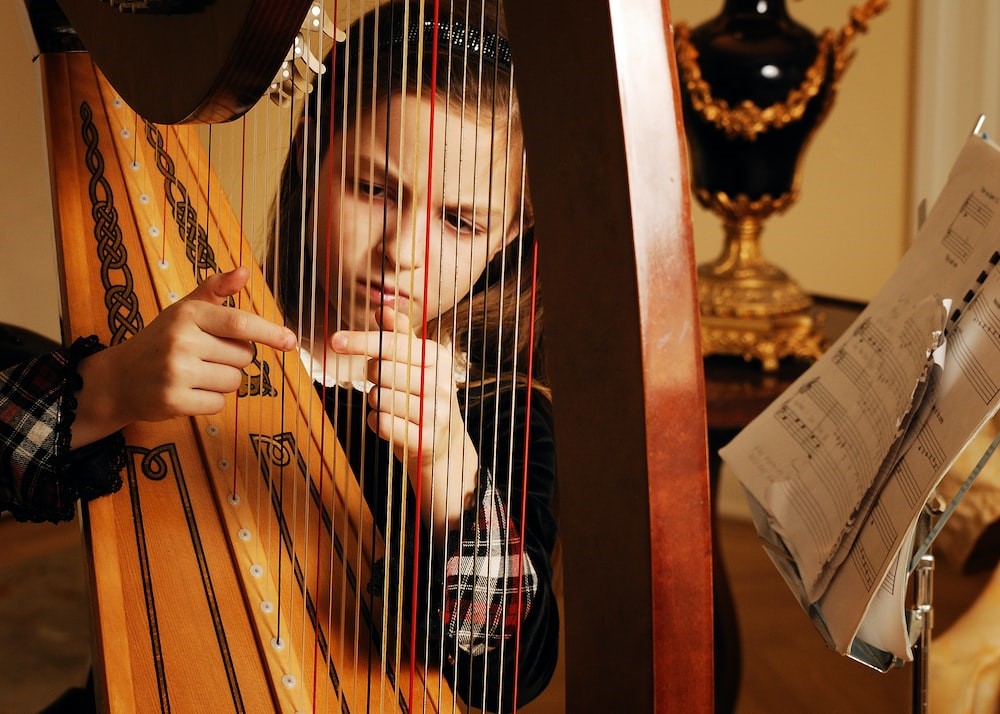What type of music is best for learning?
Music that relaxes you is best. The most relaxing music follows a tempo and rhythm that synchronizes with the natural rhythms of the body – the pulse and heartbeat. When you listen to such relaxing music, you are better able to focus inward, without being distracted. Those are the ideal conditions for enhancing your learning capacity.
Most music does not fill that bill. The majority of music most of us listen to in the course of a day is designed to entertain, to take us outside of ourselves, and to create a certain amount of excitement. Usually this is achieved by setting a tempo that is faster than the normal heart rate (about 70 beats per minute). When you listen to fast music, your heartbeat tends to speed up as if to keep pace – the effect is exciting, but not relaxing.
In order for music to increase concentration and learning capacity, it has to synchronize with your natural heartbeat. As you listen to those “naturally-paced” rhythms, your breath and heartbeat become calm and regular. If the beat is even slightly slower, say about 60 beats per minute, your heartbeat will slow down to that pace. You enter a deeply relaxed state in which your brainwaves shift from their usual beta frequency of 13-to-39 cycles per second (cps) to the alpha range, about 8 cps. (The earth itself is said to have a specific harmonic resonance – an electromagnetic field – pulsing at 8 cycles per second, or 8 Hertz.) To put it simply, your body relaxes and your mind becomes alert.
Baroque music
The slow (“largo” or “adagio”) movements of Baroque music – composed by such 17th and 18th century musicians as Vivaldi and Bach – follow the 60-beats-per-minute pattern that has the most powerful and relaxing effect on the mind. Music played by string instruments, especially the harp, violin, mandolin and guitar, in 4/4 time, seems to have the most beneficial effect on improving learning, memory and concentration.
Such music can help students do better on tests. That’s what Jannalea Hoffman, a music therapist at the University of Kansas, found. Hoffman created a new baroque piece of music that followed these slow patterns and played it as background music for a group of nursing students taking a test; the control group did not hear the music. Hoffman found that those listening to the music had lower heart rates – and higher test scores than the control group. (The results were published in The Journal of Nursing Education, Feb. 1990). Hoffman is conducting further tests to verify her preliminary findings that similar music, slowed down even further to 50 beats per minute, can be effective in not only reducing stress and blood pressure, but reducing pain, speeding healing and preventing illness.
Music and healing
Music has also been shown to ease pain. Doctors at St. Luke’s Hospital in Cleveland reported that patients exposed to Vivaldi, Mozart and Brahms before and during surgery needed lower doses of sedation and painkillers. The head of the coronary care unit at St. Agnes Hospital in Baltimore, Dr. Raymond Bahr, has said that he believes half an hour of this slow baroque music produces the same effect as 10 mg. of Valium.
Even plants have been found to benefit from the effects of this rhythmic variety of music. A researcher named Dan Carlson of Blaine, MN, made it into the Guinness Book of World Records by exposing his purple passion plant to this music – and growing the world’s largest purple passion plant: 1400 feet long compared to the usual 18 inches. The music, Carlson claimed, enabled the plant to absorb nutrients with 700 percent greater efficiency. Prince Charles, in 1992, used this same musical method on his roses. He was able to produce 65 roses per branch instead of the usual five.
Music has also been used as a mnemonic (memory-training) device to learn a second language. Many schools in Europe employ this approach, called The Tomatis Method. Though it has gained wide acceptance abroad, it is not yet being adopted much in the US. So now that you know what type of music is best for learning, how can you use it in your everyday life? I’ll share my practical tips for everyday learning in the next blog post.


